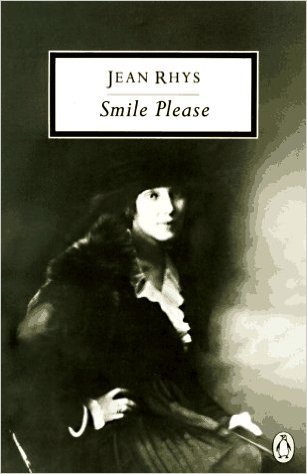What do you think?
Rate this book


176 pages, Mass Market Paperback
First published January 1, 1979









I would never be part of anything. I would never really belong anywhere, and I knew it, and all my life would be the same, trying to belong and failing. Always something would go wrong. I am a stranger and I always will be, and after all I didn't really care.